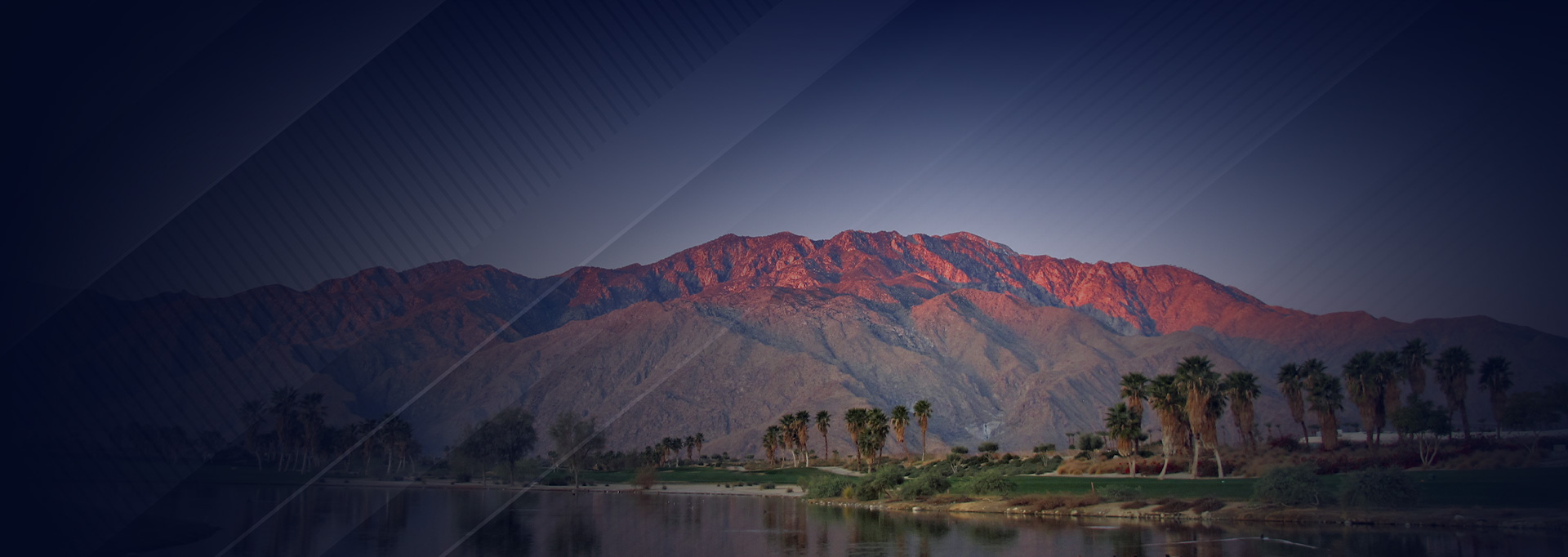A slip and fall accident in the Coachella Valley doesn't mean that you will collect money from the store where you fell even if your fall caused you serious personal injuries. Although business property owners are not insurers of the safety of their customers, these businesses do have the duty to exercise reasonable care in maintaining and controlling their property to provide a safe shopping environment for the general public. Imagine a shopper entering the Palm Desert Town Center Mall during the Christmas season. Our shopper is sober and has no physical disability which could account for any slipping and falling accident. A few minutes before our shopper walks over a specific location on the tile floor a young boy spills some of his Mochachino on the tile. The shopper doesn't see the spill and slips on the liquid and falls backward injuring his head, neck, and back. The young boy has disappeared and the injured shopper is helped up by a kind gentleman.
As a Palm Desert personal injury lawyer I get contacted every week about accidents very similar to what I have described in the above scenario. At the Barry Regar Law Firm, we will routinely turn down this type of slip and fall case because they are extremely difficult to win in court or to get an insurance company to accept liability for the accident because they will argue that the Mall didn't have notice of the dangerous condition and certainly didn't create the condition. It wasn't a Town Center security guard or janitor that spilled the liquid. We can't sue Starbucks for selling the drink and the careless young boy is in the wind. If the boy could be identified and his parents owned a home with homeowners liability insurance a claim could be made for the negligence of the boy which would be covered by the homeowners liability insurance company.
Under California law an owner of property whether residential or commercial is only liable for harm caused by a dangerous condition of the real property if the owner created the dangerous condition or had actual or constructive knowledge of said condition. Ortega v. Kmart Corp. 26Cal.4th 1200 is a California Supreme Court case that discusses the law of Premises Liability in California. In our case of the spilled drink in the Mall, the Mall could be found liable by a jury if it were proved that an employee of the Mall spilled the drink. The Mall would also most likely be found responsible if the spilled liquid had been seen by a Mall employee who did nothing to clean up the spill or warn customers of the spill while trying to get another Mall employee to bring cleaning materials to remove the spill and any slippery condition that was caused by the spilled liquid.
The injured shopper can also prevail against the Mall if it could be proved that the Mall had, "constructive notice" of the spill. This method of proof requires evidence that the Mall didn't have a program in place that mandated that Mall employees go around and make regular inspections of the Mall. The Ortega case cited above held that the store's duty to inspect the premises is continuous and inspections should be done frequently. Thus evidence that the Mall didn't have an inspection system in place may create a legal inference that the dangerous condition was present for a sufficient period of time for the owner of the premises to have noticed the condition and cleaned it up. Unfortunately in the real world of personal injury claims and lawsuits if the Mall had a video of the accident that showed the spill was there for a few minutes and the Mall had an inspection policy in place, it would be very difficult for our injured shopped to win his case.
Contact the Palm Springs slip and fall lawyer at this firm to investigate and analyze the facts of your accident. The consultation is always free.

